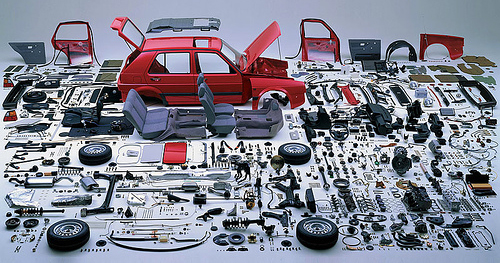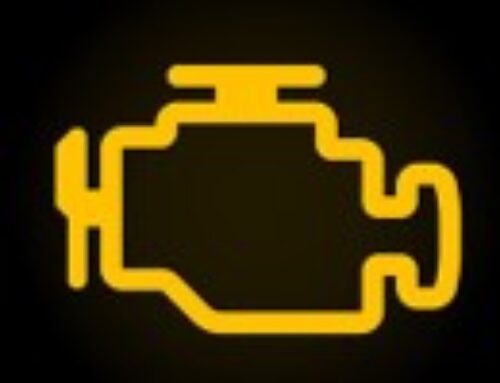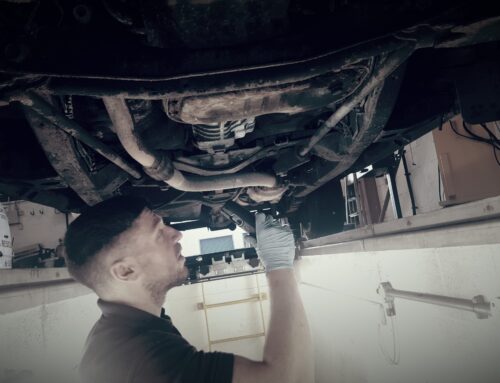Is eBay’s push to use recycled car parts a good thing for customers?
eBay recently urged insurers and independent garages to commit to offering recycled parts for repairs to their customers, in a move backed by the Environment Agency.
The aim is to bring the UK in line with France, where its Circular Economy Law requires the option of using recycled parts in repairs.
While environmental benefits and reduced premiums may be a welcome return for this scheme, some industry experts have warned of potential issues to be aware of.
Cost of counterfeiting
Around the time of eBay’s call to action towards the motor trade, issues with counterfeit parts within the industry was highlighted in a government report.
The increased ease with which drivers and hobbyists can source parts online has allowed the market to become flooded with imitation products. Whilst being designed to look and fit the same as genuine and aftermarket parts, these are untested and are likely to be substandard.
Not only can this cause danger to drivers of vehicles with these counterfeit parts fitted – as well as other road users – it also lowers the standard of the recycled parts market. Any good garage should ensure the safety standards of reconditioned parts prior to fitting, but not everyone will take the necessary care or have the expertise required.
The trouble of online experts
There are always potential issues with customers sourcing their own recycled parts online, even if they are genuine or approved aftermarket parts.
A 2017 survey of independent garages found that fewer than a third would now fit customer-supplied parts, with many suggesting that it is a growing trend in the industry due to the inconsistencies in quality of online-sourced components.
Recycled or reconditioned parts can often be the best and most cost-effective option, but should ideally be sourced by an experienced mechanic.
The fitment and quality of parts vary widely, but there can often be differences of opinion when customers are sure that they know best. Most garages just want the make sure the job is done correctly, but all-too-often a customer will just want a garage to do what they are told.
Both the professional pride and potential warranty issues often lead to garages turning away this work, but there will always be others willing to take the risk. This is often a false economy due to the issues that can then arise, as well as having implications on aftermarket standards.
Present concerns, but future benefits?
The idea of committing to using recycled and reconditioned parts for repairs is a commendable one, but its plausibility may still be questioned. We will always try to make the customer savings on parts, including offering the option of reconditioned components when feasible, but it is not yet possible to always provide the operational or safety guarantees needed on recycled parts.
If those behind the drive for this scheme address these potential issues then the environmental and cost benefits will be obvious and welcome, but maybe it’s just not quite sustainable in the present.






